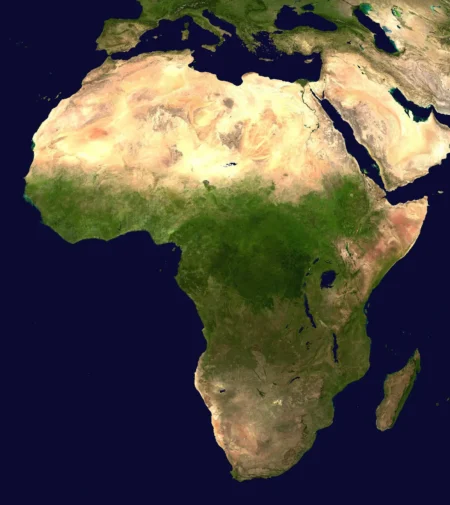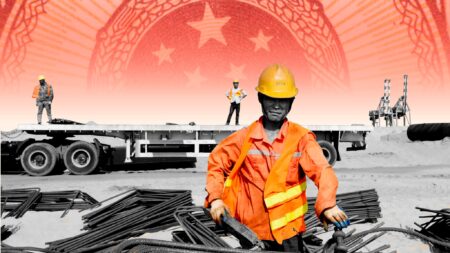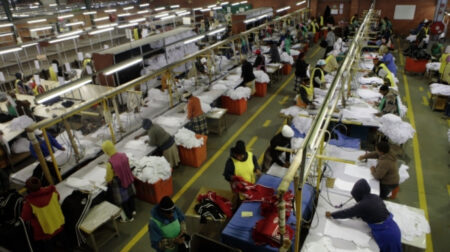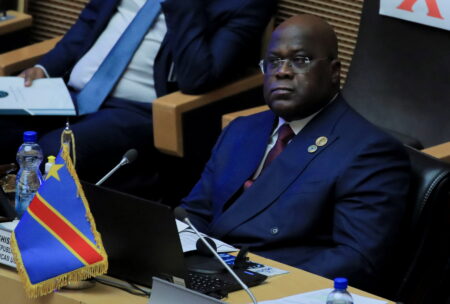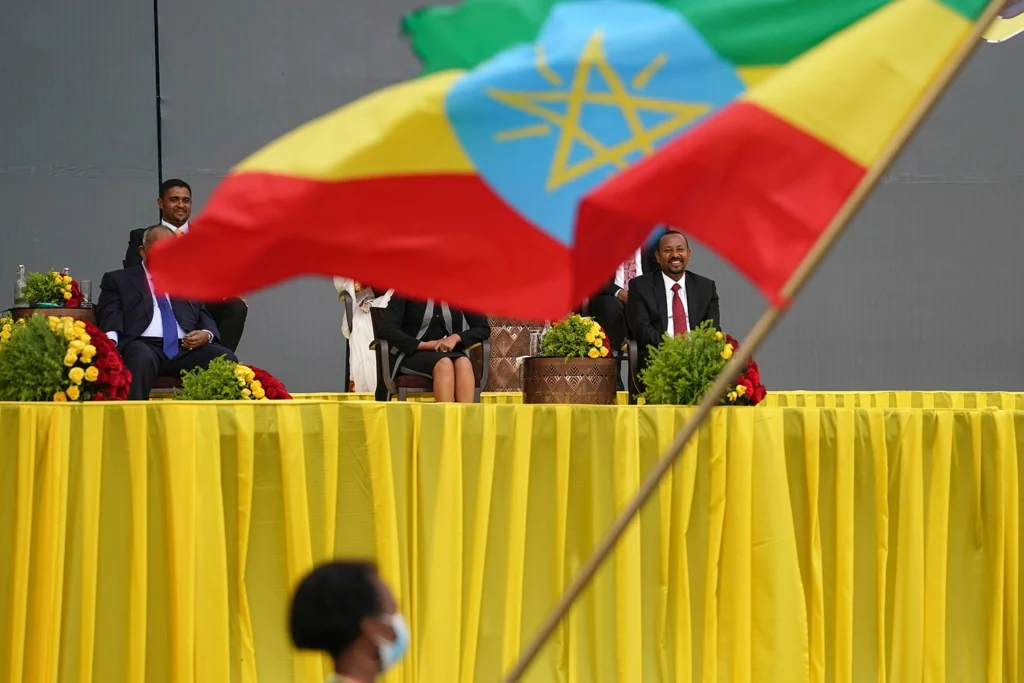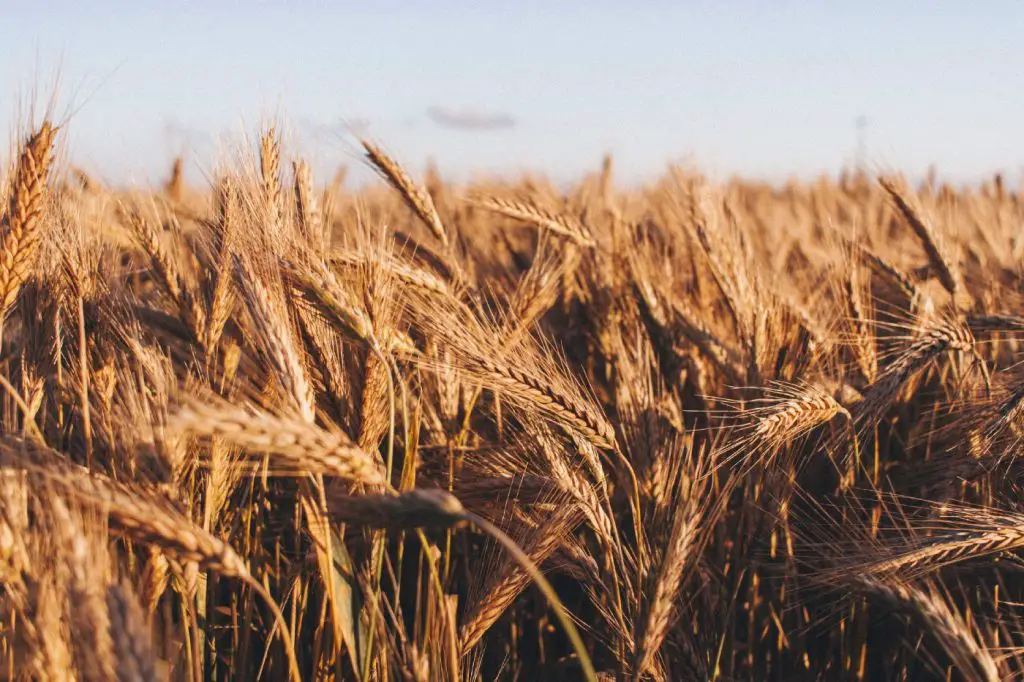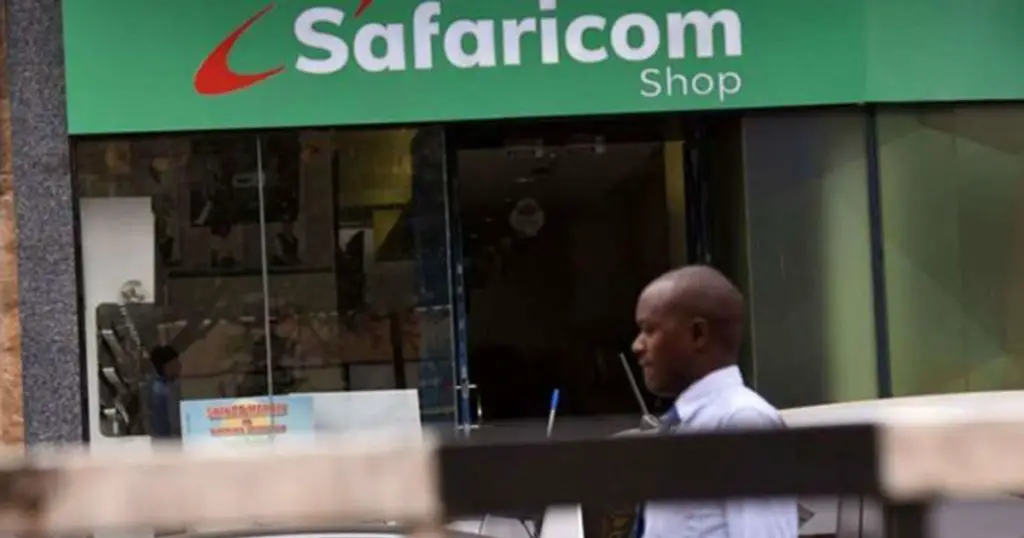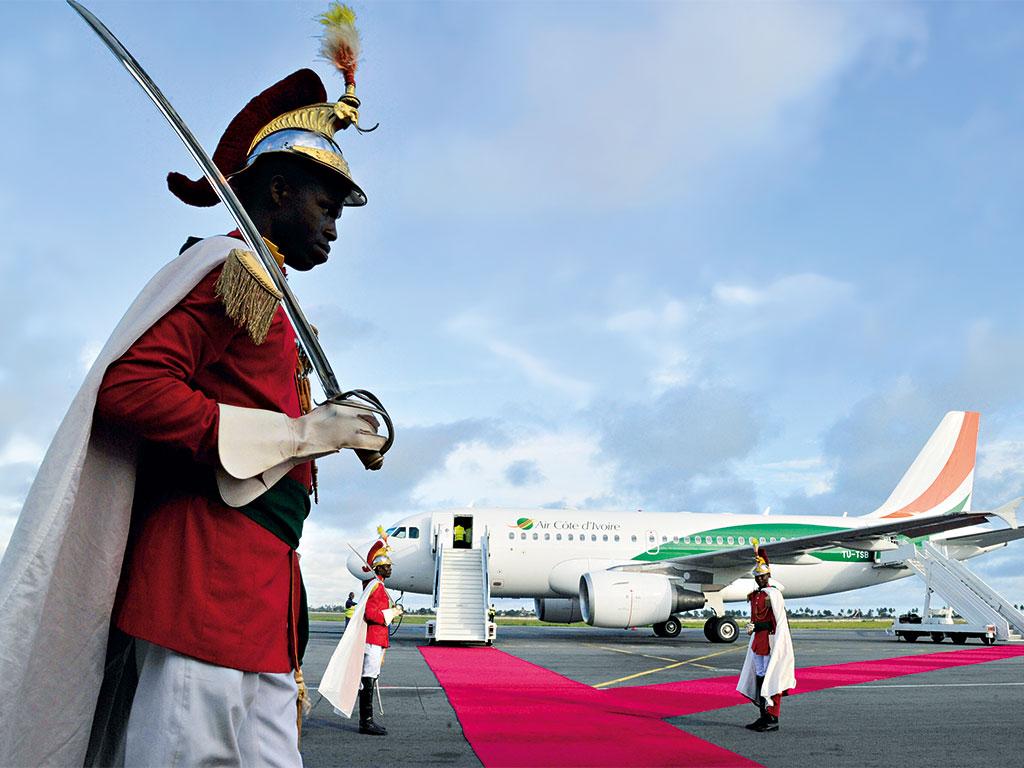- Wärtsilä Energy offers tips on how Africa can navigate energy transition and grid reliability
- Powering Africa: Africa’s Path to Universal Electricity Access
- Global investment trends at AIM Congress 2024: a spotlight on the keynote speakers
- South Africa’s deepening investment ties in South Sudan oil industry
- Agribusiness could drive Africa’s economic prosperity
- Dawood Al Shezawi: Why AIM Congress 2024 is the epicenter of global economic and cultural dialogues
- d.light’s 600,000 cookstoves project verified as top source of quality carbon credits
- Artificial intelligence (AI) could create a turning point for financial inclusion in Africa
Browsing: Ethiopia
Given these large costs and the effect on Africa’s economic growth, it remains imperative to prevent the prevalence of conflicts. Several economic and structural factors, including low-income levels, poor growth outcomes, weak governance, state capacity, and inequality of opportunity—especially across ethnic, religious, and regional groups—increase the likelihood of conflict. Addressing these challenges would address political instability in Africa and prevent conflict.…
In the last 20 years, Africa’s external debt has grown fivefold to about $700 billion. According to Chatham House, a policy centre in London, Chinese lenders account for about 12 per cent of that amount. As of November 2022, the International Monetary Fund (IMF) and the World Bank considered 22 low-income African countries to either be in debt distress or facing potential external debt distress.…
- Facebook accused of unlawful termination of Kenyan content moderators
- Kenyan Labour Court rules Facebook parent company Meta has a case to answer
- Facebook and Meta’s unlawful termination case follows initial hazardous working conditions lawsuit
Facebook parent company Meta has a case to answer in an unlawful termination lawsuit, a Kenyan Labour Court has ruled.
The lawsuit comes against a backdrop of negative headlines in East Africa ranging from not censoring hate messages in Ethiopia to unlawful termination and hazardous working conditions in Kenya.
The Employment and Labour Relations court in Nairobi stopped the social media giant from ending a contract with a third party that hires hundreds of workers that work in the content moderation division.
At the start of the year, some 260 Kenyans hired as Facebook content moderators in Nairobi were issued termination letters that they claim are without just cause and unlawful. 43 of them moved to …
- The influx of used clothes from the west in effect affects the development of textile industries in the EAC
- Five years later, a new administration, Covid-19 and the Russia-Ukraine war not to mention a stronger China economy, the US may reconsider EAC state’s position.
- EA States have 2 years to consider if they want AGOA renewed
In 2015, all major economies in East Africa, Kenya, Uganda, Tanzania, Rwanda and Ethiopia proposed to ban the importation of second-hand clothes but the US would have none of it.
The intention was good, even noble: Banning second-hand imports would strengthen the domestic textile industry which would create jobs and other positive ripple effects.
“The US claimed this proposal goes too far and violates the African Growth and Opportunity Act (AGOA), which aims to expand trade and investment on the continent,” the media reported.
Once the US pulled the AGOA card, the East African …
- DRC, through its investment portal ANAPI reassures investors
- Rwanda slams US statement saying it undermines regional peace process
- EAC Heads of State order immediate cease fire in Rwanda-DRC conflict
Rwanda should stop supporting the rebel group and withdraw its soldiers from the DRC, the US State Department has said in an official statement.
This US call for Rwanda to ‘cease and desist’ aiding rebel groups and to also recall its troops from the DRC is the latest effort by the international community to intervene in the protracted dispute between the two countries.
The US says Rwanda’s alleged aid to rebel factions in the DRC is undermining the regional peace process.
The statement comes only days after the East African Community (EAC) Heads of State met in the Burundi capital of Bujumbura. The meeting was an Extra-Ordinary Summit held to evaluate the “Security Situation in the Eastern Democratic Republic of Congo …
Undoubtedly, the return to peace after two years has restored hope Ethiopia’s economy can regain its growth momentum. According to officials, a permanent return to peace will help unlock more than $4bn in frozen funding. The funds will ease a crippling shortage of foreign exchange that plagued the economy even before the war began. Agriculture, the primary sector driving Ethiopia’s economy, should provide the much-needed boost to economic recovery.…
To have only 3 of the eligible countries in Africa signing up for the initiative is tragic especially given the global economic environment of the world presently. A crippling sovereign crisis is looming on the African horizon. Catalysts of the crisis include a strong United States dollar which has been resurgent during the year.
Debt on the on the books of most African countries is denominated in the greenback and its strength will have an adverse impact on their public finances and their ability to service their loan obligations timeously.
This problem is further compounded by rising interest rates which are certain to make the cost of debt that much more expensive for countries that already cannot afford to be overextended financially.
The debt of most African countries is in the hands of private creditors who in recent time have become as important as their multilateral counterparts. These private creditors …
Dr. Tiberio Chiari, former Manager of the Agricultural Value Chains Programme in Oromia- Ethiopia, within the Ethio-Italian Development Cooperation Framework, offers some of these efforts that the government has implemented in the Ethiopian wheat value chain that other African countries can learn from.
Launch and execution of suitable growth policies
The government keeps working harder to ensure the country’s current dependence on wheat importation (of about 1.7 million tonnes) is fully nullified. After years of field experimentation, in 2021, the Ethiopian government launched its new plan.
The objective of the plan is to cut down the import of wheat by producing during the cold season in pastoral dry areas currently available in the Awash, Omo and Shebelle river basins. The approach includes the cultivation of 400,000 hectares of land and the deployment of a large-scale commercial farming model to achieve a productivity of 4.4 tonnes/ha.…
- Safaricom has officially kicked off a large-scale customer pilot of its network in Ethiopia as part of ongoing plans to officially launch operations in Ethiopia
- The telco has launched the trial network in Dire Dawa, Ethiopia’s second largest city after its capital Addis Ababa
- The launch of the network is part of Safaricom’s phased city-by-city regional network roll-out and rigorous service tests building towards its national launch in October
Safaricom Ethiopia has officially kicked off a large-scale customer pilot of its network in Ethiopia as part of ongoing plans to officially launch operations in the Horn of Africa country.
The telco has launched the trial network in Dire Dawa, Ethiopia’s second largest city after its capital Addis Ababa.
The launch of the network is part of Safaricom’s phased city-by-city regional network roll-out and rigorous service tests building towards its national launch in October.
Safaricom Ethiopia said the customer pilot would …
The Entebbe airport stands to transform Uganda’s movement over time as it advances to become an oil economy alongside Tanzania.
South Africa, one of the wealthiest countries, has the largest road network, 750,000kms, while Tanzania, East Africa’s competitive economy, has more than 86,000km of roads.
In the current economic scenario, where uncertainty brought by economic shocks from the pandemic and political tensions force nations to expand their horizon of influence, the past years have shown why African infrastructures must be robust and conducive to enhancing value creation.
Whoever moves fast and swiftly dominates the economic conversation. South Africa, Kenya, Namibia and Nigeria are among the top African nations with more robust economies.…





